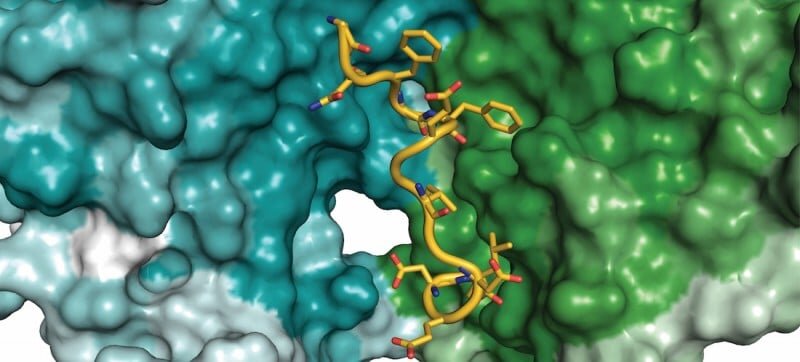Microscopic Miracle: How Cells Clean House and Save Lives

In a groundbreaking discovery, scientists at UT Southwestern Medical Center have unraveled a crucial cellular mechanism that could revolutionize our understanding of how cells maintain their internal communication and health. The research team has pinpointed a key process driving endosomal recycling—a fundamental cellular function that plays a vital role in human biological processes.
Published in the prestigious journal Nature, the study sheds light on the intricate molecular machinery that allows cells to efficiently sort, recycle, and transport essential proteins and nutrients. This breakthrough provides unprecedented insights into cellular logistics and could potentially open new avenues for treating various diseases related to cellular dysfunction.
Endosomal recycling is a complex process where cells continuously move molecular cargo between different cellular compartments, ensuring that critical components are reused or properly disposed of. By identifying the precise mechanism behind this process, researchers have taken a significant step toward understanding cellular health at its most fundamental level.
The implications of this research extend far beyond basic science, offering promising potential for future medical interventions and therapeutic strategies targeting cellular communication and protein transport.
